Understanding the Concept of New World Order
The term “New World Order” (NWO) emerged from various geopolitical contexts, denoting a pivotal shift in international relations and global governance. Historically, NWO signifies a transformative period, characterized by an organized approach to policy-making among influential nations, particularly after World War II and during the Cold War. Scholars argue this concept reflects power dynamics, where major powers negotiate their influence and authority over global affairs.
The Historical Context of NWO
To appreciate the NWO’s implications, we must consider its historical backdrop. Post-World War II, institutions like the United Nations and the International Monetary Fund were established to foster cooperation and prevent conflicts. The collapse of the Soviet Union in 1991 marked a significant milestone in NWO discussions, transitioning focus towards unilateral U.S. dominance, promoting democracy and capitalism globally. This context framed the ideological battles of the late 20th century, with proponents arguing for a liberal international order based on free markets and democratic institutions.
Key Players in the NWO Framework
Several influential entities contribute to the unfolding NWO. These include:
Governments: Major powers like the U.S., China, and Russia play pivotal roles in shaping international relations, often through strategic alliances and geopolitical maneuvers.
Multinational Corporations: Companies like Google, Amazon, and ExxonMobil transcend national boundaries, shaping economic landscapes and wielding substantial influence in global policy discussions.
International Organizations: Institutions such as the World Health Organization, World Trade Organization, and NATO contribute to establishing international norms while facilitating cooperation among member states.
Non-Governmental Organizations (NGOs): NGOs advocate for social and environmental issues, often impacting policy by mobilizing public support and pressuring governments and corporations.
The Economic Underpinnings of NWO
The economic framework of the NWO is characterized by globalization, trade agreements, and capital flows. This economic interdependence facilitates international collaboration but also raises concerns about inequality and economic exploitation. The establishment of free trade zones and agreements aims to increase efficiency and reduce tariffs, but critics point to the potential erosion of local industries and labor standards.
The Role of Technology in the New World Order
Advancements in technology profoundly influence the NWO. The digital revolution has enabled unprecedented connectivity, allowing for the rapid dissemination of information and the rise of social media as a tool for activism. However, this same technology raises concerns regarding surveillance and privacy, as governments and corporations increasingly track personal data.
The rise of artificial intelligence and automation presents both opportunities and challenges. While AI can optimize productivity, it also threatens traditional job markets, creating social unrest and necessitating policy interventions to manage transitions.
Geopolitical Tensions and the NWO
Geopolitical tensions shape the NWO’s narrative, especially regarding power struggles among major nations. The U.S.-China rivalry epitomizes this struggle, with both countries vying for technological superiority, military dominance, and influence in international organizations. The Belt and Road Initiative, spearheaded by China, seeks to enhance global trade routes, thereby expanding its geopolitical influence and challenging the U.S.-led order.
These tensions also manifest in conflict areas like the Middle East, where resource control, ideological differences, and historical grievances culminate in complex geopolitical dynamics. Here, the NWO reflects competing interests and the quest for strategic partnerships that can establish or maintain regional influence.
Societal Implications of the New World Order
The societal dimensions of the NWO manifest through the impact of globalization on cultural and social systems. Cultural homogenization may result from the dominance of Western media, threatening indigenous traditions. Conversely, globalization fosters cultural exchanges, leading to hybrid identities and increased awareness of global issues.
Social inequality exacerbated by NWO policies can lead to unrest and populist movements, as marginalized groups vie for recognition and equitable treatment. The COVID-19 pandemic highlighted these disparities, revealing the vulnerabilities within healthcare systems and socioeconomic structures globally.
Environmental Concerns in the Framework of NWO
Environmental sustainability has emerged as a central tenet of the NWO, reflecting the need for collective action in addressing climate change. International agreements like the Paris Accord signify global recognition of environmental threats and attempt to foster cooperation among nations. However, disputes over responsibilities and contributions lead to tensions, particularly between developed and developing countries.
The NWO agenda increasingly includes sustainable development goals, emphasizing clean energy, biodiversity conservation, and responsible resource management, aligning economic growth with ecological stewardship.
The Conspiracy Theories Surrounding the NWO
The notion of a “New World Order” has generated numerous conspiracy theories, often portraying it as a sinister agenda led by shadowy elites seeking totalitarian control over humanity. These theories typically suggest that globalists orchestrate events, fostering crises to consolidate power and eliminate national sovereignty.
While these theories can offer compelling narratives, they often lack empirical evidence and overlook the complexities of global governance. Critical thinking and skepticism are essential when evaluating these claims, as misinformation can lead to fear and division.
Media Influence on Perceptions of NWO
Media plays a significant role in shaping perceptions of the NWO. Coverage of global events, political discourse, and the portrayal of different nations can create narratives that sway public opinion. Sensationalized reporting may reinforce conspiratorial beliefs, while balanced journalism fosters informed discussions about the implications of international policies.
The rise of alternative media platforms allows diverse viewpoints but also contributes to echo chambers where misinformation thrives. Digital literacy is essential in navigating this landscape, as individuals seek credible sources for their information.
Moving Forward and the Future of the New World Order
The trajectory of the New World Order remains uncertain, influenced by shifting power dynamics, economic interdependence, and societal changes. As global challenges intensify, nations may be compelled to collaborate more closely. However, populist movements and nationalist sentiments can hinder progress, complicating efforts toward collective action.
The path forward involves recognizing the significance of international cooperation while respecting national identities and priorities. The ongoing evolution of the NWO demands a nuanced understanding, considering the diverse interests and aspirations of people worldwide. As the world navigates this complex landscape, awareness, and informed engagement will shape the future of global governance.




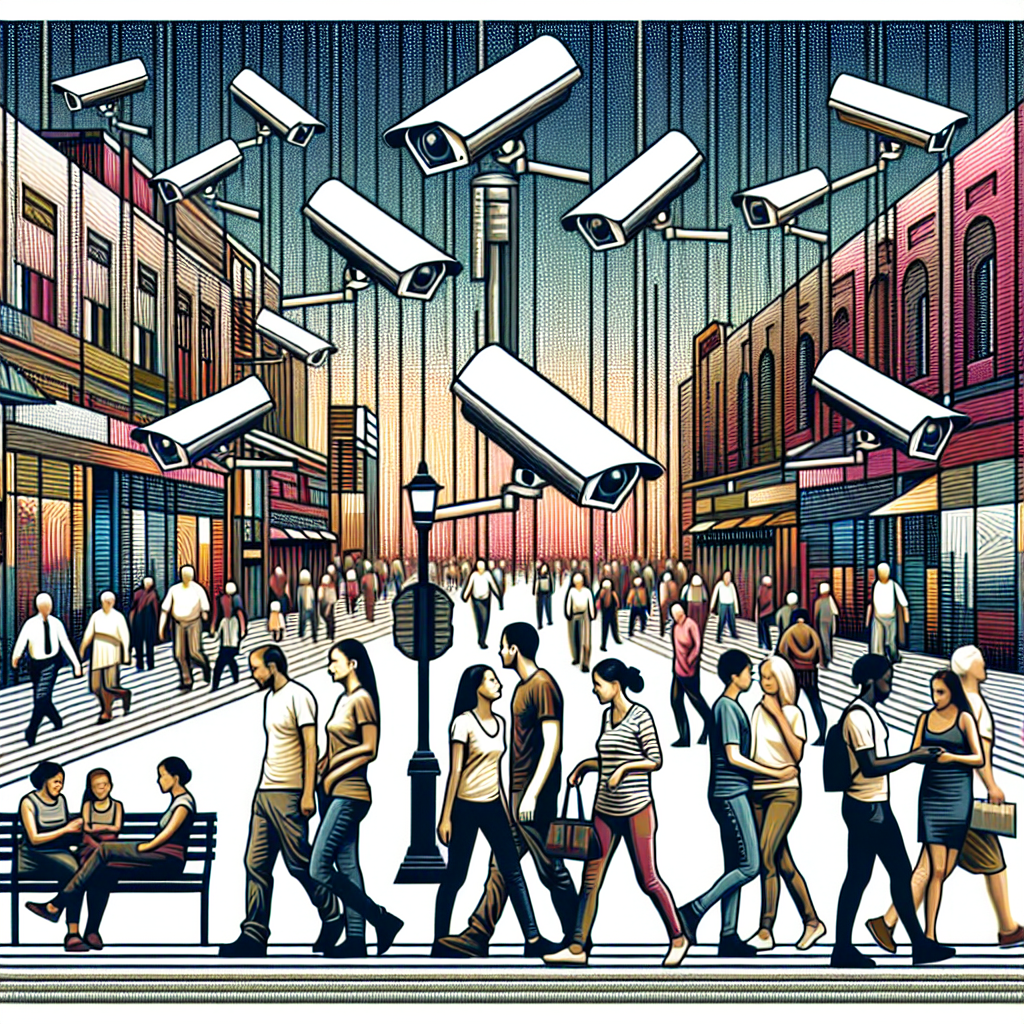
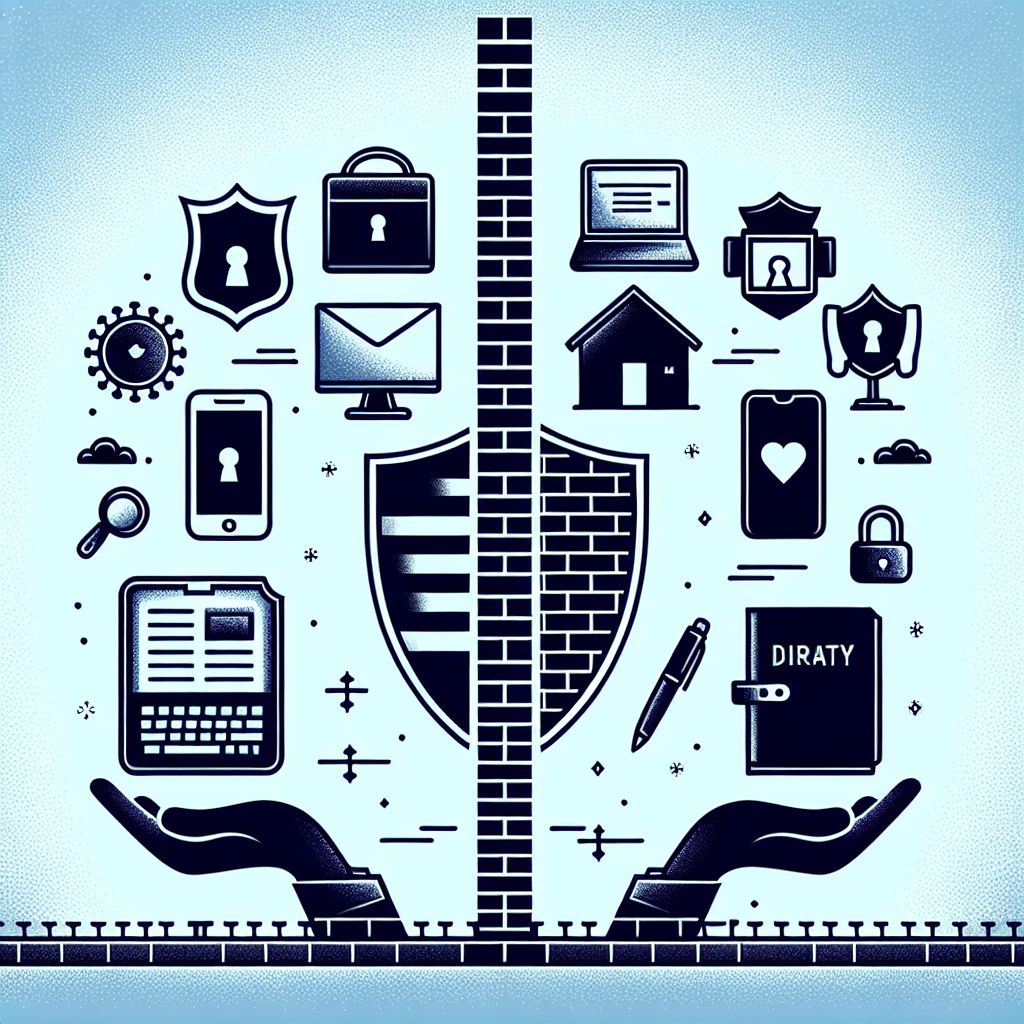
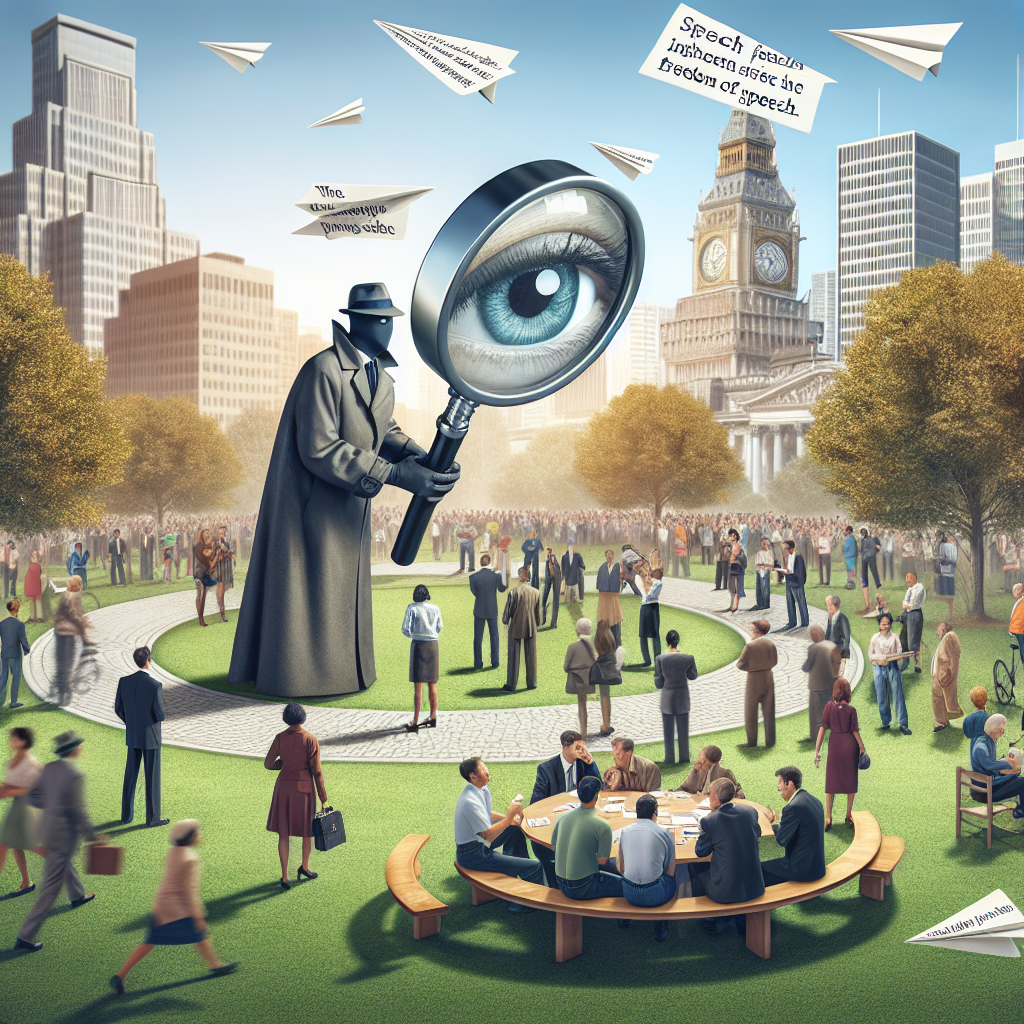
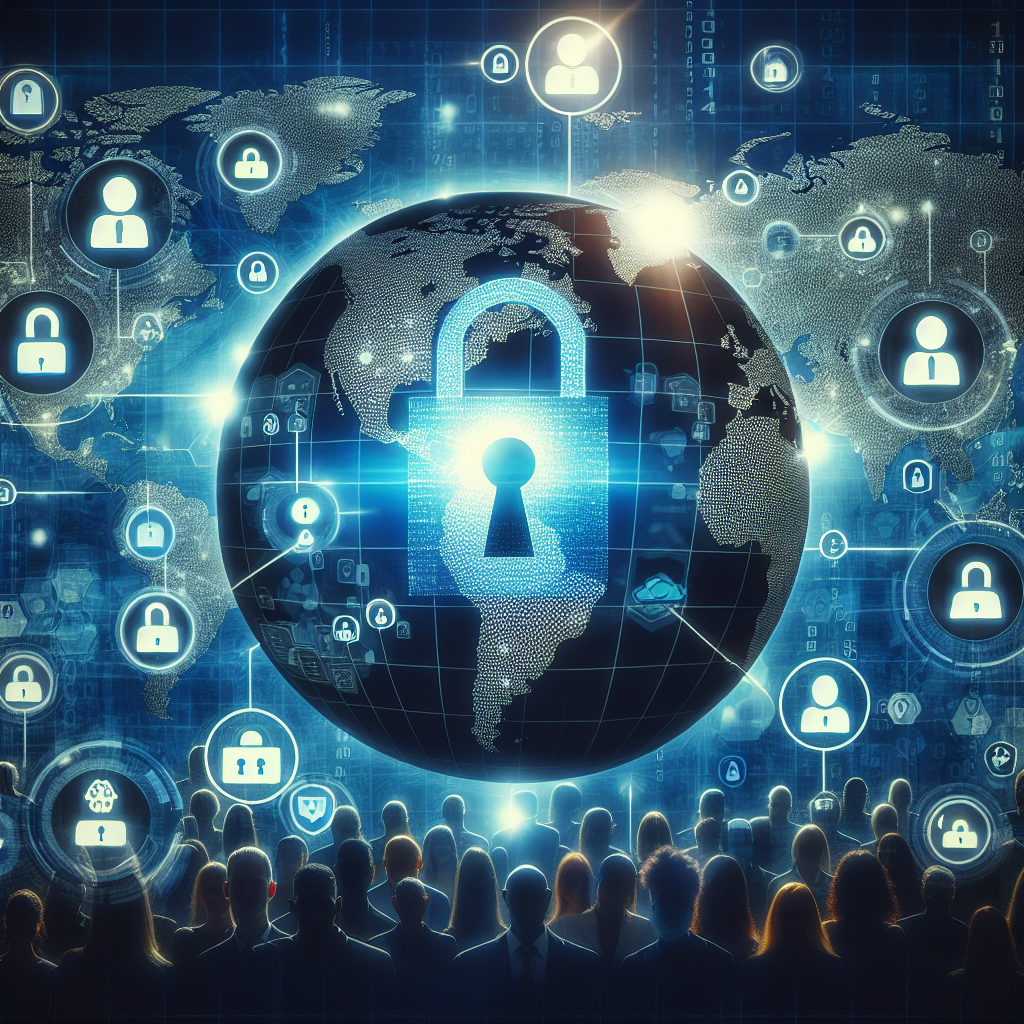
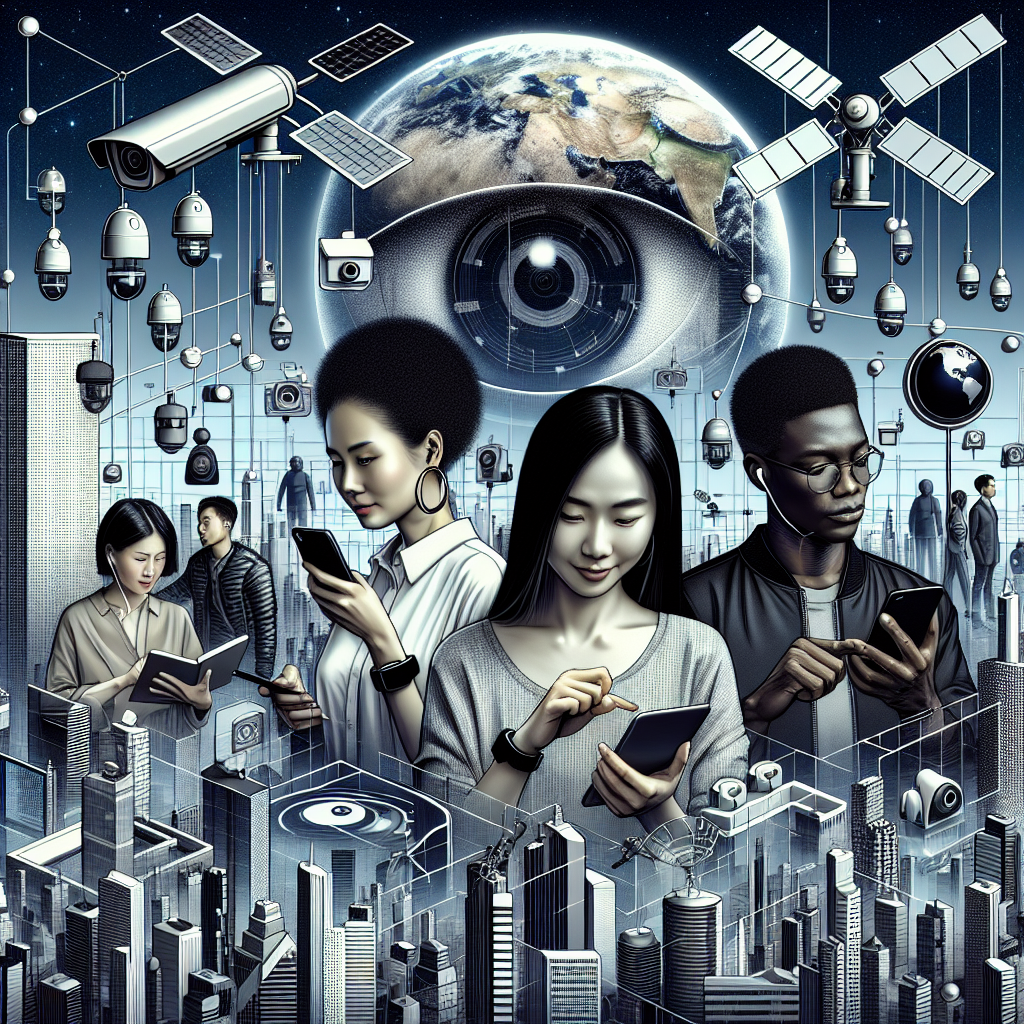
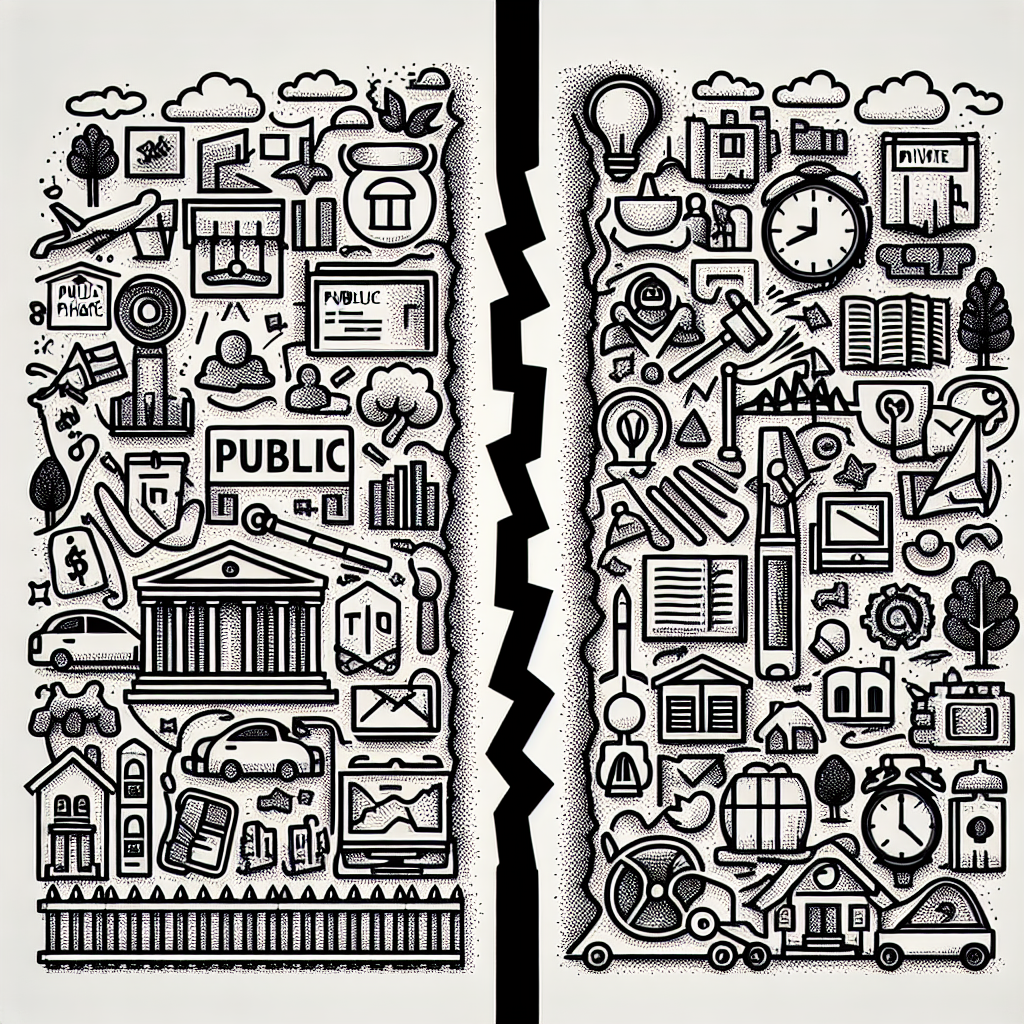
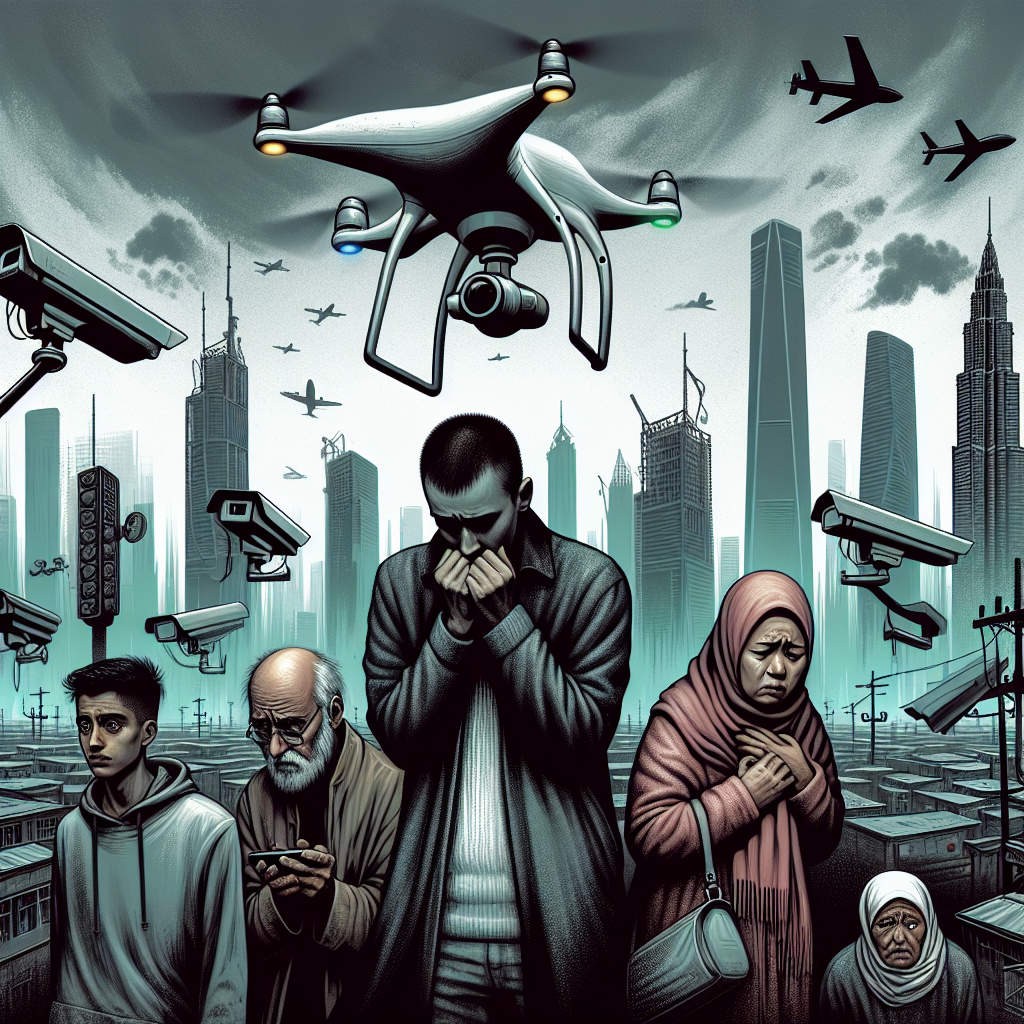



Leave a Reply